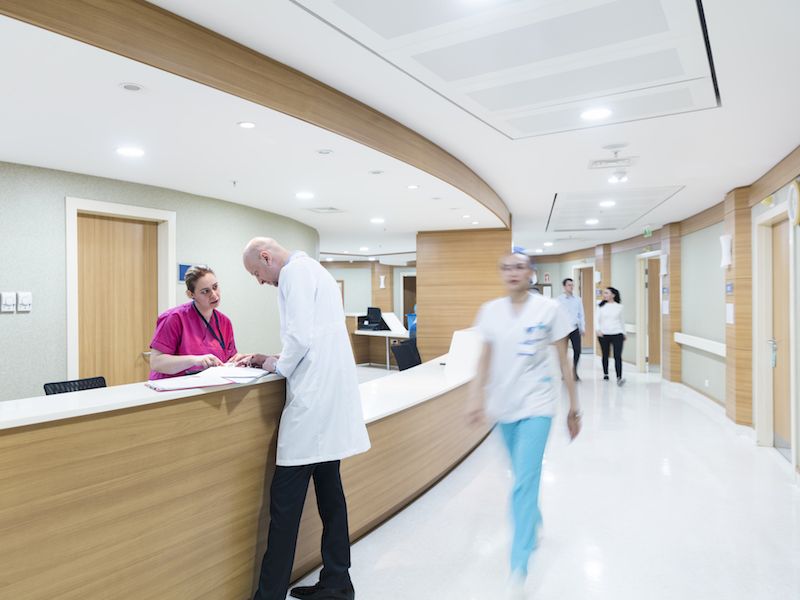What Your Family History Tells You About Future Hearing Loss
Many people understand that hearing loss can result from loud noise, aging


Many people understand that hearing loss can result from loud noise, aging

Working in construction often means spending long hours around loud

Hearing aids have evolved over the years, moving from bulky devices behind